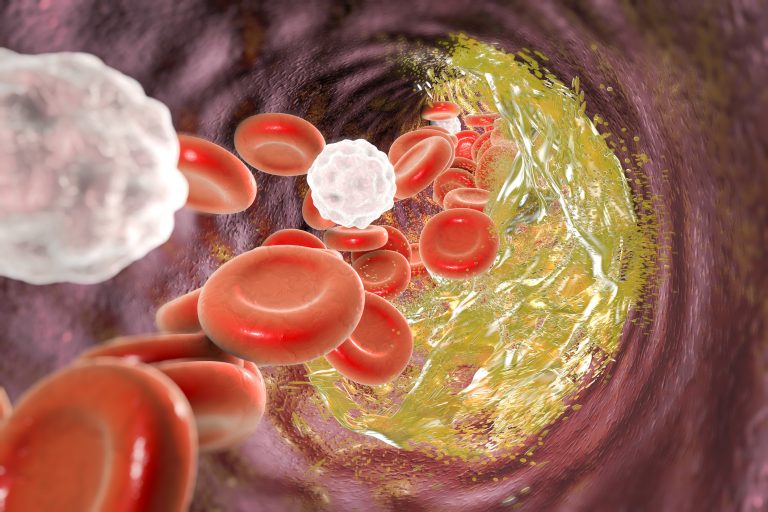
Researchers based at the RIKEN Center for Integrative Medical Sciences in Yokohama have created a highly accurate polygenic risk score for predicting coronary artery disease risk by combining genome wide association study (GWAS) data from a large Japanese cohort with two European cohorts with more than 600,000 participants in total.
The research team began by completing a GWAS in a large Japanese cohort of more than 150,000 individuals and identified 8 new variants specific to this population, some of which were rare but had high impact for carriers.
To improve accuracy and include data from different ethnicities, the scientists then combined their findings with those from two UK-based datasets from the CARDIoGRAMplusC4D consortium and the UK Biobank with 180,000 and 300,000 participants, respectively, most of whom are of European origin. This analysis uncovered 35 new risk associated areas in the genome and produced a polygenic risk score that is more accurate than those created from any of the studies alone.
Kaoru Ito is a team leader of the Laboratory for Cardiovascular Genomics and Informatics at RIKEN and a corresponding author on the paper describing the research, which was published in the journal Nature Genetics. He and his team initially carried out a GWAS analysis on samples from 25,892 coronary artery disease patients from the Japanese Biobank and 142,336 controls without cardiovascular disease.
The analysis picked up 48 disease-associated variants in total, including 8 new variants specific to the Japanese population including in the genes ABCA1, CD109 and PID1. The team also found that while many of the variants had been discovered in earlier studies, they often had different frequencies in the Japanese compared with non-Japanese cohorts.
A few variants the team discovered had high impact despite being rare. “We found one variant in the LDLR gene, which is not very common, but it has an important effect on cholesterol metabolism, and Japanese people with this rare mutation raises the likelihood of developing coronary artery disease five-fold,” commented Ito.
The researchers combined data from their GWAS with the two European cohorts to carry out a multi-ethnic meta-analysis of almost 600,000 individuals, including 121,234 cases and 527,824 controls. This highlighted 35 new variants linked to coronary artery disease, including a variant in the HMGCR gene, which encodes the target enzyme for statins, the most common drugs used to control cholesterol.
Notably, the combined polygenic risk score created by the researchers from the three cohorts was significantly more accurate at predicting coronary artery disease risk than any of the risk scores generated from either the Japanese or European cohorts.
“This is exciting, as it means that even when there is a different frequency of variants in different populations, we can combine GWAS studies from different ancestries and use this to create a risk score that is more accurate than any of the individual ones,” concluded Ito.













